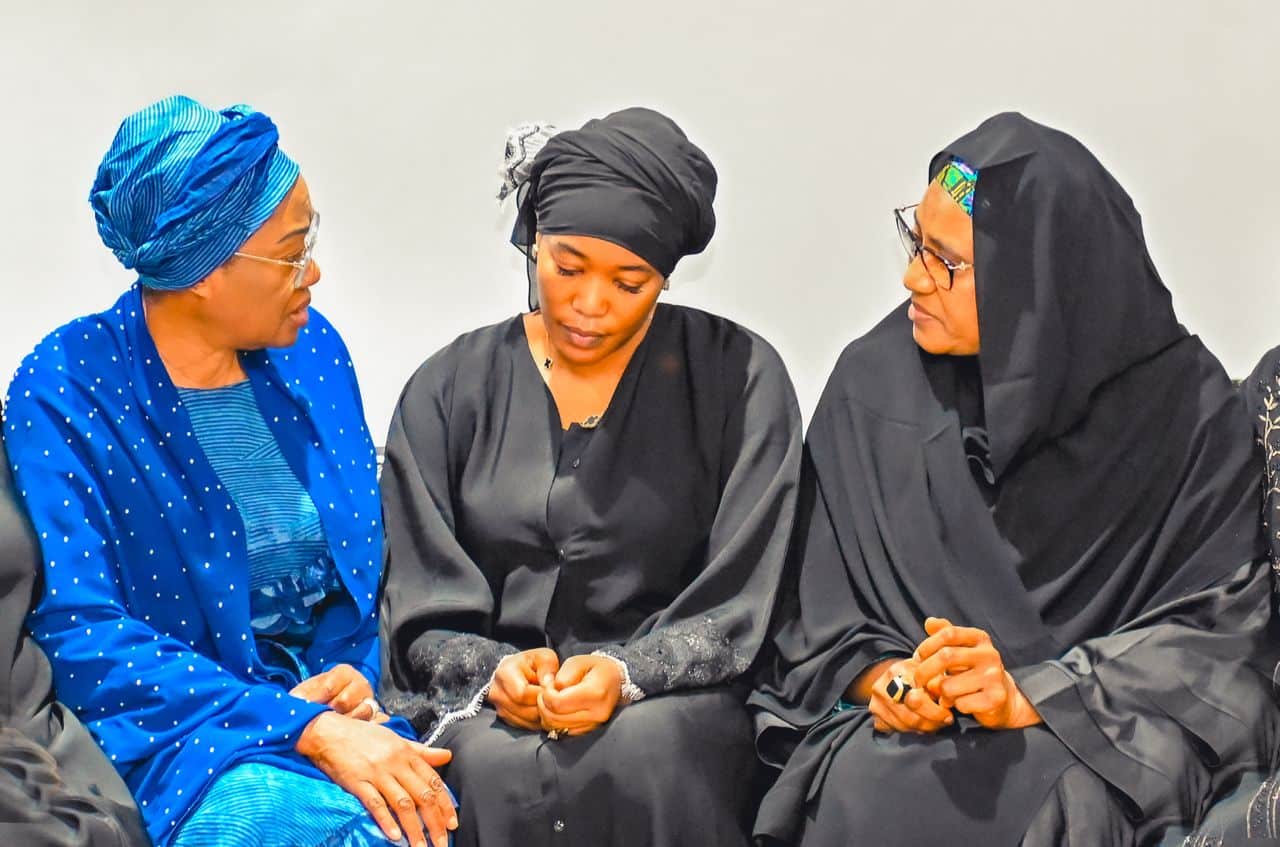Justice Yelim Bogoro of the Federal High Court in Lagos has dismissed a suit filed by the Socio-Economic Rights and Accountability Project (SERAP) challenging the legality of the presidential directive barring SIM cards not linked with the National Identification Number (NIN).
Justice Bogoro held in her judgment that the federal government’s directive to network providers to bar the phone lines of millions of Nigerians who have not linked their SIM with NIN is reasonably justifiable.
The judge also held that the country’s interest as one indivisible and indissoluble country is greater than the right of any individual in the country.
SERAP had dragged the president, attorney-general of the federation, and the Nigerian Communications Commission before the court, arguing that the directive is an appalling violation of citizens’ rights to freedom of expression, information, and privacy.
The civil society organisation also contended that no agency has the right to strip citizens of their basic constitutional rights under the guise of failing to properly link their SIM cards with their NINs or failing to do so timely.
However, counsel to the president, Akintola Makinde, in his opposition to the suit, had submitted that none of the rights relied upon by SERAP were absolute and that the presidential directive was in furtherance of sections 14(2)(b) and 45 of the Constitution, as well as the relevant provisions of the National Communications Act.
Makinde stated that the directive was driven by the challenges of insecurity and kidnapping, which are disclosed through alarming statistics.
He also claimed that the figures of kidnapping victims are quite disturbing, and one cannot seriously suggest that the need to address the development has not become a pressing social and security issue.
The lawyer maintained that since the use of the telephone is also very instrumental to the perpetration of kidnapping and other criminal vices, SERAP cannot rightly argue against the necessity of any measure which aims at ensuring that such crimes are tracked and busted through the use of technology and accurate data synchronisation.
Counsel to the Nigerian Communications Commission, Nnamdi Oragwu, equally submitted that the SERAP failed to discharge regarding proof of the allegations made.
Oragwu stated that the NCC‘s action was in line with the Constitution and that, as much as the Constitution protects rights, any relevant government agency empowered to do so can curtail them for the peace, stability, unity, and security of the country.

 3 months ago
3
3 months ago
3















 English (US) ·
English (US) ·